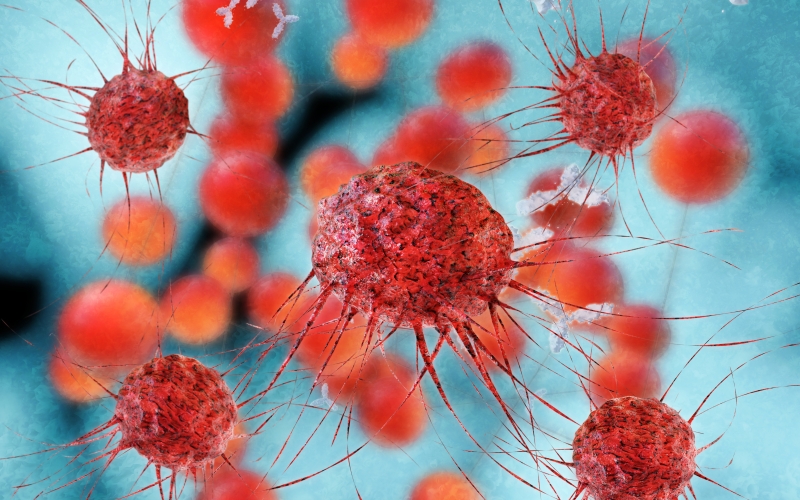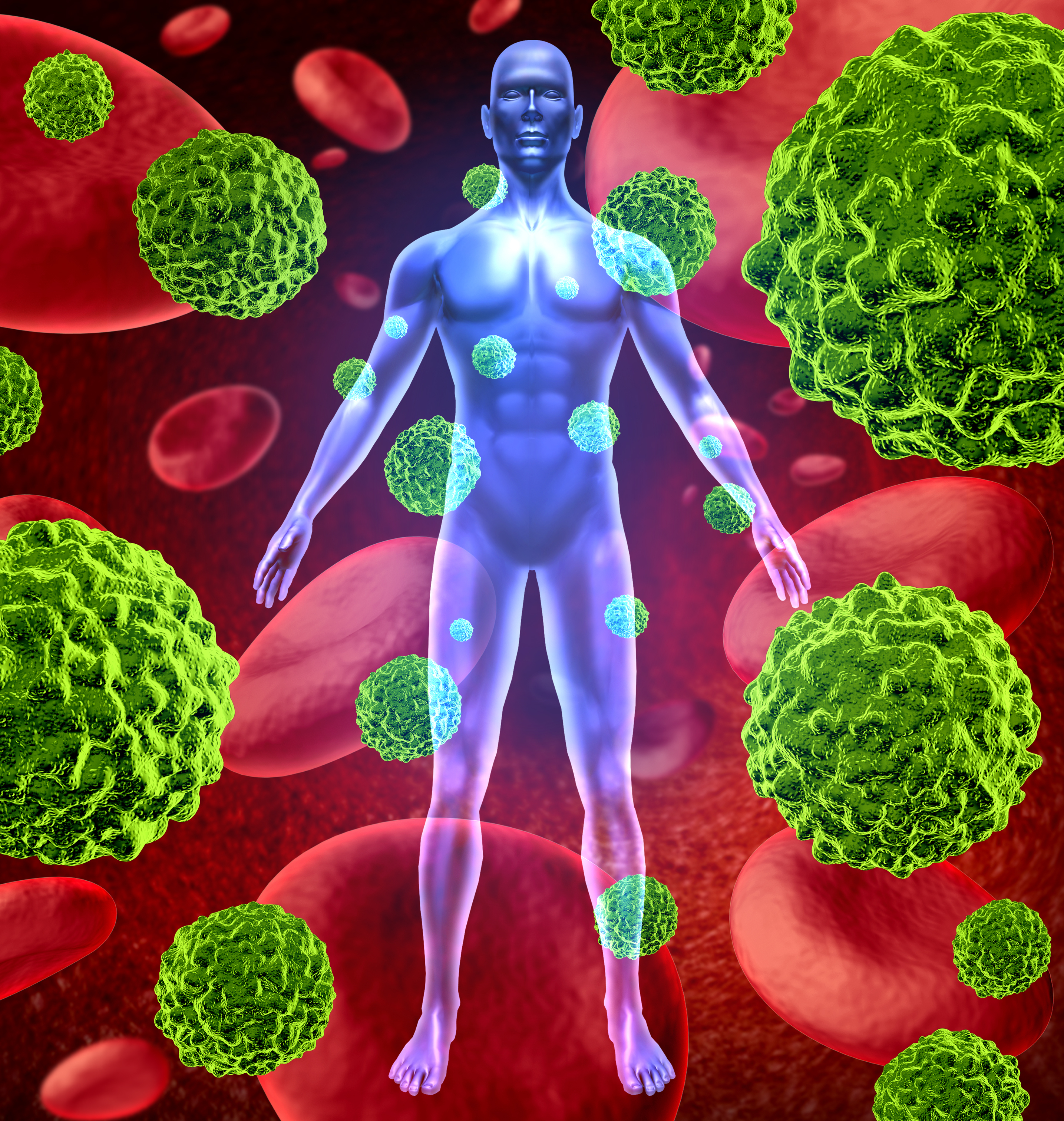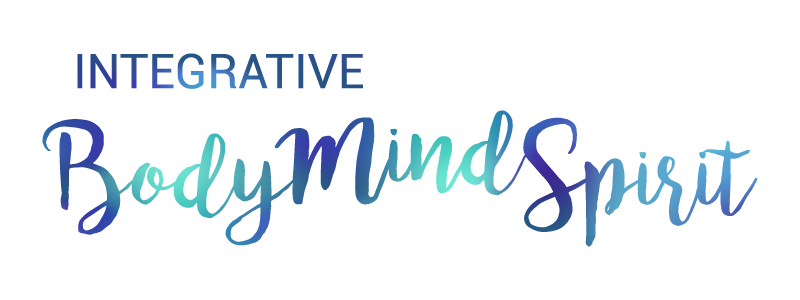Psycho-Oncology
Cancer and prevalence
Cancer affects the patient and the whole family. For Hong Kong, in the year of 2011, 26,998 newly diagnosed cases of cancer and 13,241 cancer deaths were registered. Among all cancer deaths, lung cancer contributed to 28.6% of these deaths, despite only 16.3% of all new cancer cases (Hong Kong Cancer Registry, 2013).
Early stage lung cancer is asymptomatic and is often not detected until it has reached an advanced stage. The median survival rate of lung cancer is less than 12 months and the five-year survival rate is only about 16%.
What challenges are faced by individual with cancer and their family members?
Compared with patients suffering from other types of cancer, patients with lung cancer generally experience higher rates of emotional distress (Zabora et al., 2001).
Cancer treatments are physically and psychologically demanding, with frequent visits to clinics or hospitals for diagnostic procedures and treatments, including surgery, chemotherapy, radiation therapy and targeted therapy. Associated symptoms such as pain, fatigue, shortness of breath and psychological distress bring lots of challenge to patients. Many patients suffer from a strong sense of helplessness and hopelessness, display persistent psychological distress such as anxiety, depression and posttraumatic stress reactions, as well as experience spiritual or existential concerns about death.
Our research team has recently published in Psycho-oncology a model suggesting a reciprocal reinforcement on the mutual levels of anxiety, depression, and quality of sleep, with depression acting as the maintenance factor for insomnia among the patient-caregiver pair.

Past research of IBMS in psychosocial oncology
The IBMS approach has been applied to patients with breast cancer (Chan et al., 2006) and colorectal cancer (Lee et al., 2009; Tang et al., 2007) and results suggested effectiveness in improving subjective health and well-being, positive support, emotional control and negative mood.
The IBMS intervention was also applied to patients at their end-of-life, chronic patients and bereaved persons and was able to reduce anxiety and depression. Participants could make new meaning from their cancer experience as well as reduce their salivary cortisol level, a psycho-neuro-immunological (PNI) biomarker (Hsiao et al., 2012).


How I-BMS can help individuals/families living with cancer?
A holistic psycho-social-spiritual intervention is particularly relevant to patients with a life-threatening illness such as lung cancer, who are facing death and dying.
Death is a taboo in Chinese culture. It is believed that talking about death in daily life, mentioning it in conversations, and sharing about fear of death may invoke bad luck or hasten death. Besides, family members often felt inadequate when it comes the time to discuss death preparation with their loved ones. Without open communication and knowledge about death and dying, as well as end-of-life care for patient with a terminal illness, both the patient and the family members may experience high death anxiety and distress.
The unique feature of I-BMS intervention is that it is a social work approach with a set of body exercises and explicit articulation on working with the concepts of “suffering”, where life and death issues are addressed (Lee et al., 2009).
Current research projects
In 2014, our team initiated the “Lung Cancer Fighter Course” in collaboration with the Hong Kong Cancer Fund in provided face-to-face psychosocial support for lung cancer patients and their family caregivers.
- The 8-sessions course emphasizes the interaction between patients and family caregivers.
- Through the interaction participants will enhance their positive thinking and emotions, thus relieve the stress caused by symptoms or exhaustion of providing cares.
- During different sessions, medical information about lung cancer, healthy diets, success stories and experiences will be introduced and shared.
Preliminary results:
- Anxiety and depression levels warranted clinical attention has dropped by 11% after attending the program;
- Insomnia, functional well-being and overall quality life has also improved markedly;
- Family caregivers experienced significantly reduction in perceived stress, insomnia, and improvement in quality of life.

